Unlock the Editor’s Digest for free
Roula Khalaf, Editor of the FT, selects her favourite stories in this weekly newsletter.
Justin Trudeau called a news conference for Monday morning as speculation grew that he would resign as Canada’s prime minister after almost a decade in power.
Trudeau’s popularity is at a historic low after voters and members of his own party turned against him following a turbulent period of speculation about his ability to govern the G7 country.
Canadian media, including national broadcaster the CBC, have reported that he is poised to step down. His resignation would trigger a leadership race in his Liberal party ahead of a general election that must be held before October this year but could come much sooner.
The New Democratic party (NDP) — a vital ally in parliament — announced before Christmas that it no longer supported the minority Liberal government.
Opposition parties, including the NDP, have also said they are prepared to pass a no-confidence motion in the Commons, which could also trigger an early election.
Pierre Poilievre, whose Conservative party leads the Liberals by 25 points in polls, has repeatedly called for Trudeau to step down or call an early election, citing Canada’s looming challenges with incoming US President Donald Trump.
Trump has repeatedly mocked Trudeau, calling him governor of the 51st state of the US, fuelling calls for the prime minister to step down.
Ottawa-born Trudeau, the son of charismatic Liberal leader Pierre Trudeau, who was prime minister between 1968 and 1979, and from 1980 to 1984, worked as a school drama teacher in Vancouver before being elected Liberal party leader in April 2013.
His tenure as prime minister started in October 2015 when the young newcomer led his Liberal party to a resounding victory over the Conservatives and their unpopular leader, Stephen Harper.
During his time in office, Trudeau passed laws to decriminalise soft drugs, advance gender equality and promoted reconciliation with First Nations as well as the urgent need to tackle climate change. He also pledged to accept 25,000 Syrian refugees escaping war in their home country, despite anxiety over immigration levels.
But Trudeau’s popularity has collapsed over the past year due to soaring living costs and a housing affordability crisis. His efforts to boost Canada’s post-pandemic economy through record immigration also faced a widespread backlash.
An Angus Reid poll released on December 30 showed the percentage of voters who intended to vote for the Liberal party had sunk to 16 per cent, its worst level since Trudeau came to power, while the prime minister’s disapproval rating, via the pollster’s “Trudeau Tracker”, was at an all-time high of 74 per cent.
The sudden resignation on December 16 of Chrystia Freeland, the former finance minister who had once been a close ally of the prime minister, following disputes with Trudeau over government spending, sparked renewed calls for him to quit from both the opposition and his own party.
In the wake of Freeland’s move, NDP leader Jagmeet Singh said on December 20 that his party was minded to withdraw its support from Trudeau or the Liberal party. Singh pledged that his party’s voting bloc would consider bringing down the government when parliament resumed at the end of January, which would probably lead to an early election.

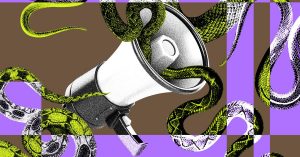








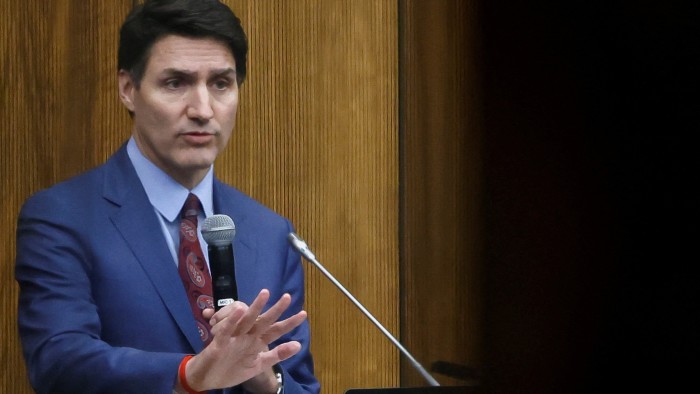
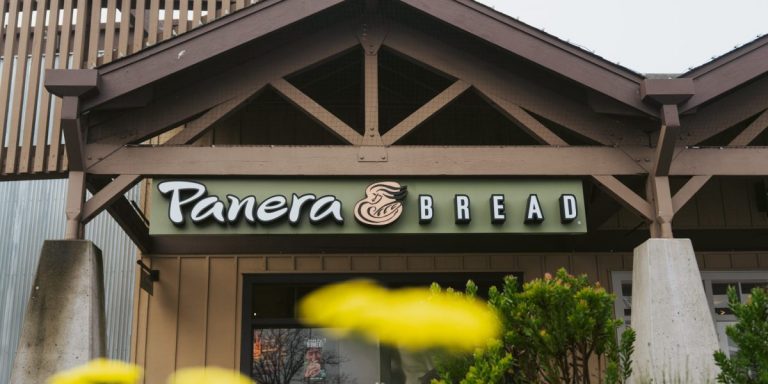
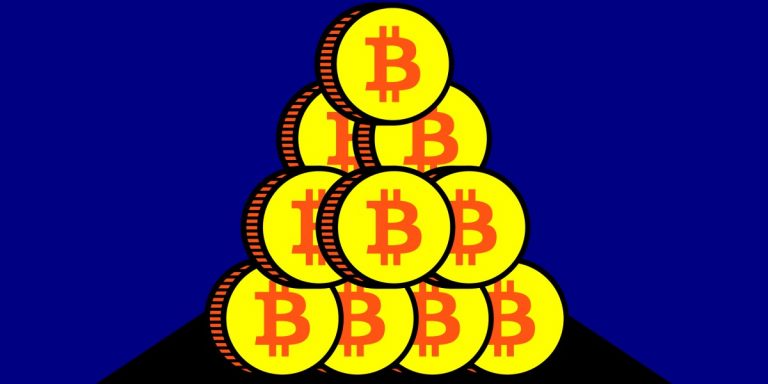
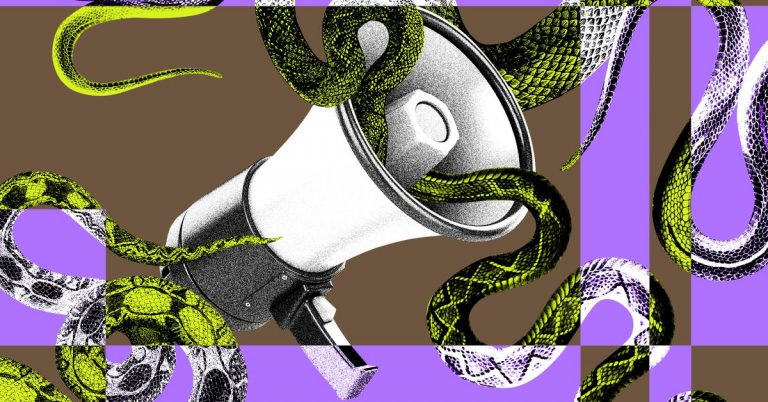

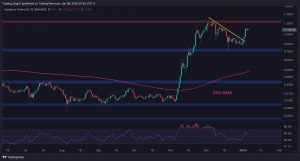
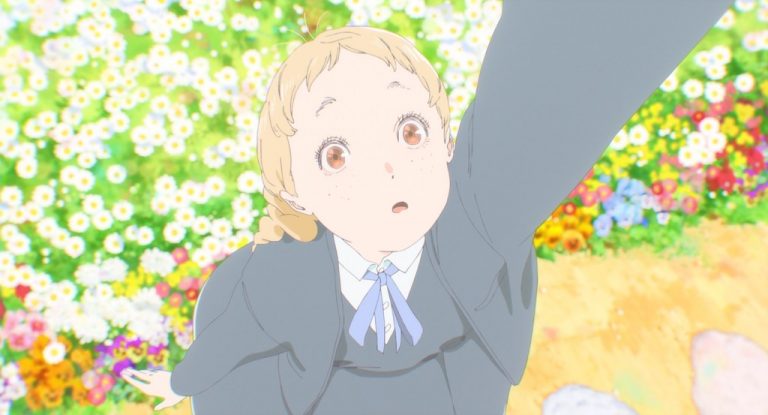
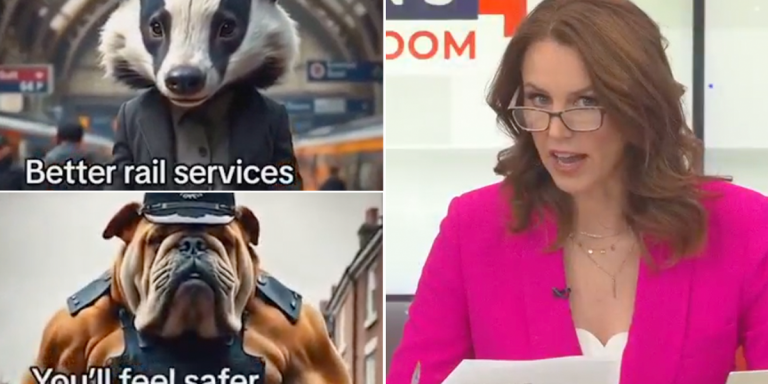

+ There are no comments
Add yours